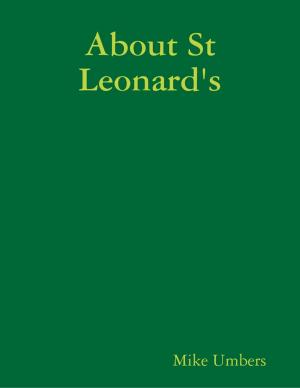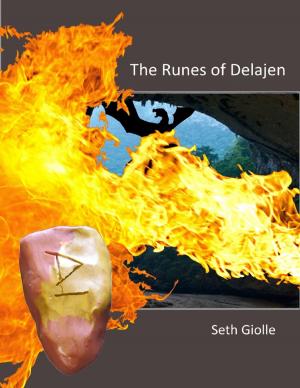| Author: | Roy Melvyn | ISBN: | 9781304396846 |
| Publisher: | Lulu.com | Publication: | September 4, 2013 |
| Imprint: | Lulu.com | Language: | English |
| Author: | Roy Melvyn |
| ISBN: | 9781304396846 |
| Publisher: | Lulu.com |
| Publication: | September 4, 2013 |
| Imprint: | Lulu.com |
| Language: | English |
Solving Yourself: Yuben de Wu Hsin focuses on the transcendence of the body and mind, which results in sudden insight into one's true nature. It produces an involuntary reversion to one's essence, a clear seeing that there is no place that one can call the center or a reference point here. There is nothing substantial that would allow one to declare ‘This is where I begin, this is what I really am.’ It is the recognition that what one is is nothing perceivable. Solving Yourself is unique in that it is structured in the format of daily contemplatives. The Yuben or Compendium of the Master’s Aphorisms can act as a stimulant; they are not so much about what Wu Hsin says but about what they evoke and how we respond. What makes this work of Wu Hsin such a rare find is that the articulation of his experience pre-dates, by many hundreds of years, the expressions of the great Channa (Ch’an) masters of the T’ang Dynasty, often considered to be the apogee of Chinese thought.
Solving Yourself: Yuben de Wu Hsin focuses on the transcendence of the body and mind, which results in sudden insight into one's true nature. It produces an involuntary reversion to one's essence, a clear seeing that there is no place that one can call the center or a reference point here. There is nothing substantial that would allow one to declare ‘This is where I begin, this is what I really am.’ It is the recognition that what one is is nothing perceivable. Solving Yourself is unique in that it is structured in the format of daily contemplatives. The Yuben or Compendium of the Master’s Aphorisms can act as a stimulant; they are not so much about what Wu Hsin says but about what they evoke and how we respond. What makes this work of Wu Hsin such a rare find is that the articulation of his experience pre-dates, by many hundreds of years, the expressions of the great Channa (Ch’an) masters of the T’ang Dynasty, often considered to be the apogee of Chinese thought.















